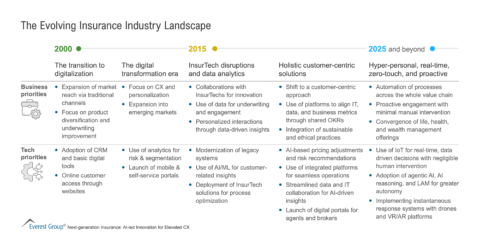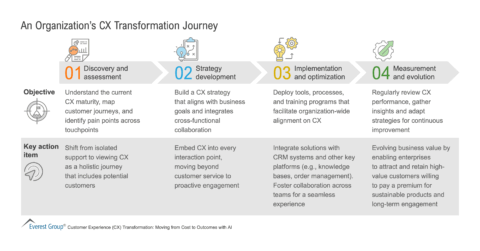Reimagine growth at Elevate – Dallas 2025. See the Agenda.
Filter
Displaying 1-10 of 239
Future-ready CX: How Brands Are Prioritizing Customers and AI Amid Disruption | LinkedIn Live
June 3, 2025
On-Demand LinkedIn Live
1 hour
CFO 2025: Transforming Order-to-Cash with AI-Powered Autonomous Finance
Tuesday, March 25
11:00 AM ET | 3:00 PM GMT
60 minutes
Tuesday, March 18
1:00 PM EDT
45 Minutes














